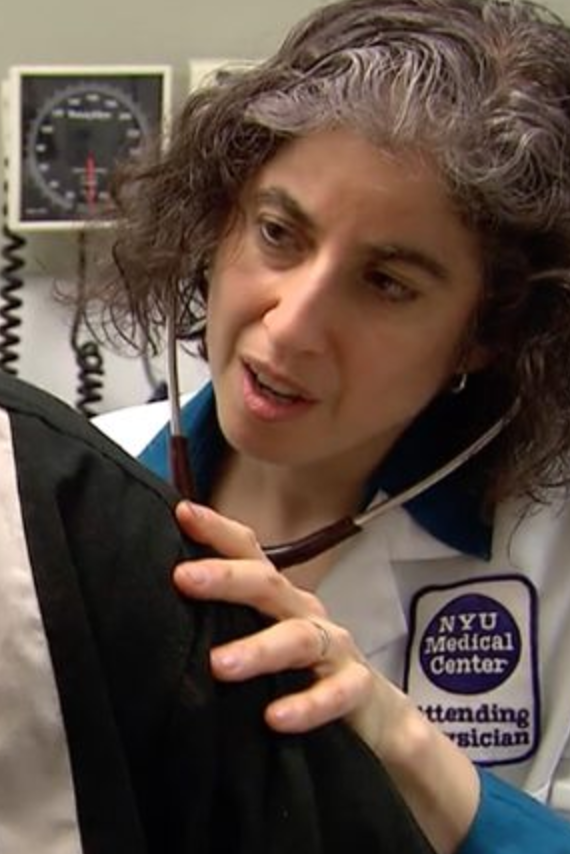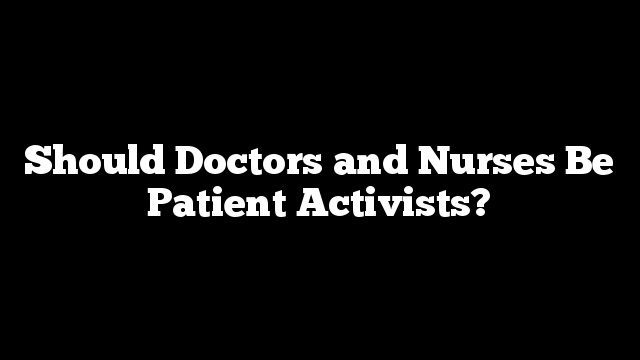 When the eminent physician Dr Cliff Cleveland wrote his memoir about his years in medical practice, he entitled his book, “Sacred Space.” Yes, it’s a bit sentimental, but he pays rightful homage to the idea that that relationship between patients and their doctors and nurses is something exceedingly precious. Medical professionals appropriately go out of their way to keep that space neutral, private and nonjudgmental, because patients are often at their most vulnerable.
When the eminent physician Dr Cliff Cleveland wrote his memoir about his years in medical practice, he entitled his book, “Sacred Space.” Yes, it’s a bit sentimental, but he pays rightful homage to the idea that that relationship between patients and their doctors and nurses is something exceedingly precious. Medical professionals appropriately go out of their way to keep that space neutral, private and nonjudgmental, because patients are often at their most vulnerable.
A patient of mine recently told me about a genital symptom that was bothering her. She’d had it for two years, but had been too embarrassed to bring it up. We had to build up our trust bit by bit, until she felt comfortable revealing it to me. Happily, it was something easily treatable. It’s situations like these that remind me how critical it is to protect this space.
Like most doctors and nurses, I try to keep the outside world firmly outside the exam room. I don’t talk about politics, religion, money, or sports. I don’t even gripe about the mayor. Most medical professonals avoid political activism for the same reason. But could that reticence be harmful to our patients?
I grappled with this over the past few weeks, as the House passed its American Health Care Act and then the Senate put forth its Better Care Reconciliation Act. As one detail after another was revealed, I began to worry about my patients. The cuts to Medicaid would do real damage to them. I had a number of fragile patients in mind who could die if their care was disrupted.
What would I do, I asked myself, if I started to notice a dangerous side effect of a medication that my patients were taking. The answer, of course, is easy. And it wouldn’t even be a question; it would be an obligation. If I see a threat to my patients’ health, it’s in my job description to speak up.
The ACHA and BCRA suddenly seemed like the same thing—a threat to my patients’ health. Yes, I value political neutrality, but this no longer seemed like politics to me. It was a medical threat.
When the Ebola threat was on the horizon, medical professionals geared up even before it arrived. (As it happened, it was my exam room that was chosen as the “Ebola room,” so was stocked with gear and had a window cut into the door so staff could observe patients without putting themselves at risk.) And although the epidemic was ultimately safely contained, out staff was completely prepared when the fourth and final US patient with Ebola was admitted to our hospital.
If I suspect that one of my patients is suffering abuse at home, I am obligated—in fact, legally mandated—to speak up. If I suspect that my patients’ health will be harmed by legislation, I believe we are equally obligated to speak up.
Whether a medical threat is from a virus or a medication or a natural disaster or legislative action is ultimately irrelevant. If our patients could be harmed, then medical professionals have a duty to weigh in.
I wrote an op-ed for the New York Times to that effect, that doctors and nurses need to speak out about the ways this legislation could harm their patients. And that was about as far into the waters as I felt comfortable wading. But the editors decided to title the piece “Time for a Doctors’ March on Washington.” From the outpouring of response that I received, it seemed like medical professionals were ready to gear up, just was we’d done for Ebola. It was time to take a step beyond the exam room.
Along with filmmaker Catherine Stratton and her talented colleagues at Resistance Media Collective, the HouseCalls Campaign was created. We decided that there needed to be an organized effort to bring the voices of practicing clinicians to the ears of Senators have little clue about the realities of healthcare.
I’ve thought long and hard about whether this violates my commitment to political neutrality with my patients and I’ve concluded that it does not. I do not discuss these efforts with my patients, and I continue to keep the exam room as neutral as possible. When patients bring up politics—which they do frequently these days—I steer the conversation back to their medical issues because that is my job as their doctor. When I leave the hospital, I start calling Senators about BCRA because that is also my job as their doctor.
Right now it is estimated that 20,000 Americans will die each year because of the loss of insurance coverage and Medicaid from BCRA. To me, that’s a clear medical threat to our patients. It’s a medical emergency, and medical professionals need to behave as such.
Danielle Ofri, MD, PhDis an internist at Bellevue Hospital and an associate professor of medicine at NYU School of Medicine, as well as editor in chief of the Bellevue Literary Review. Her newest book is What Patients Say, What Doctors Hear and her TED talks include Deconstructing Perfection and Fear, A Necessary Emotion. Her current efforts are focused on the HouseCallsCampaign.
